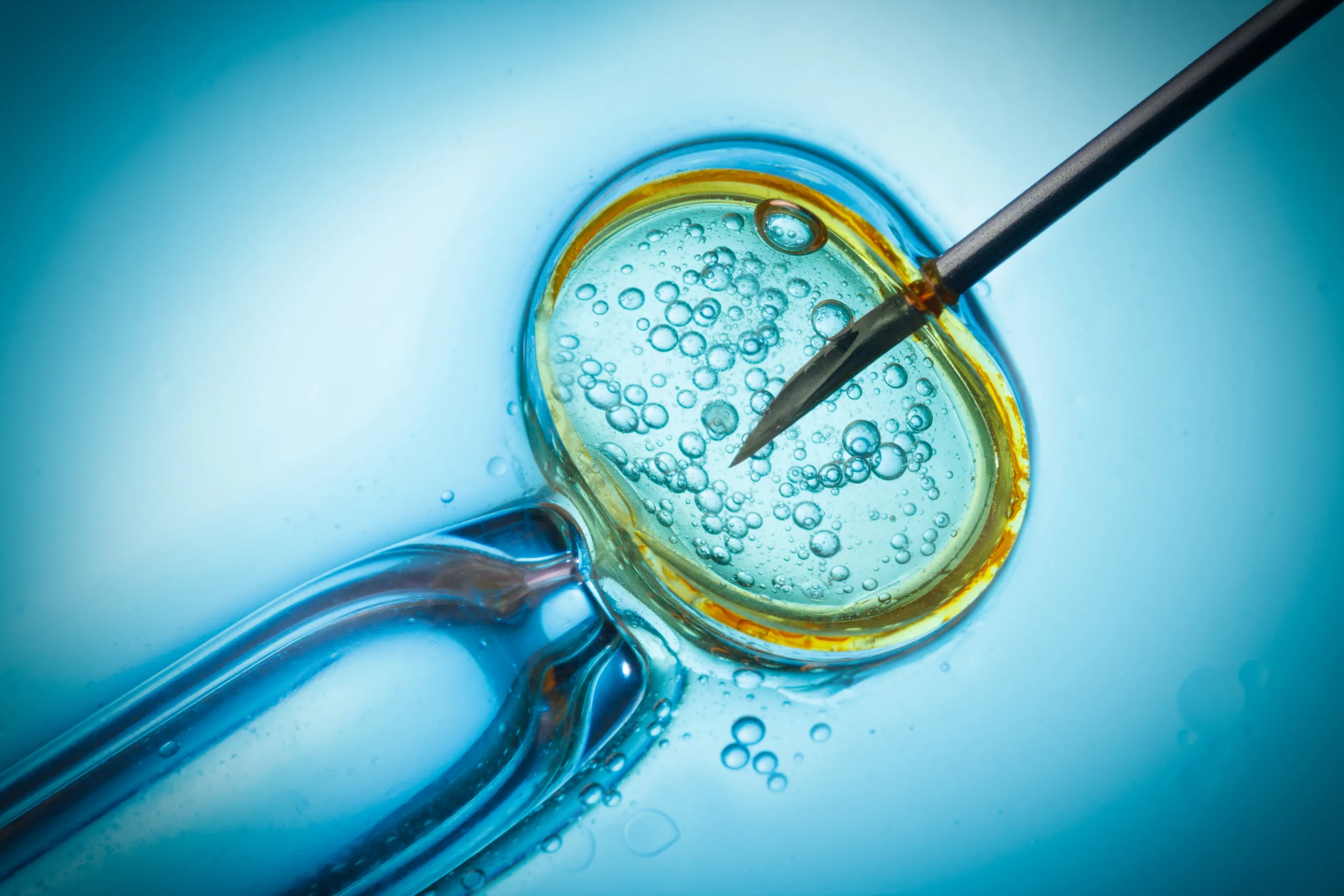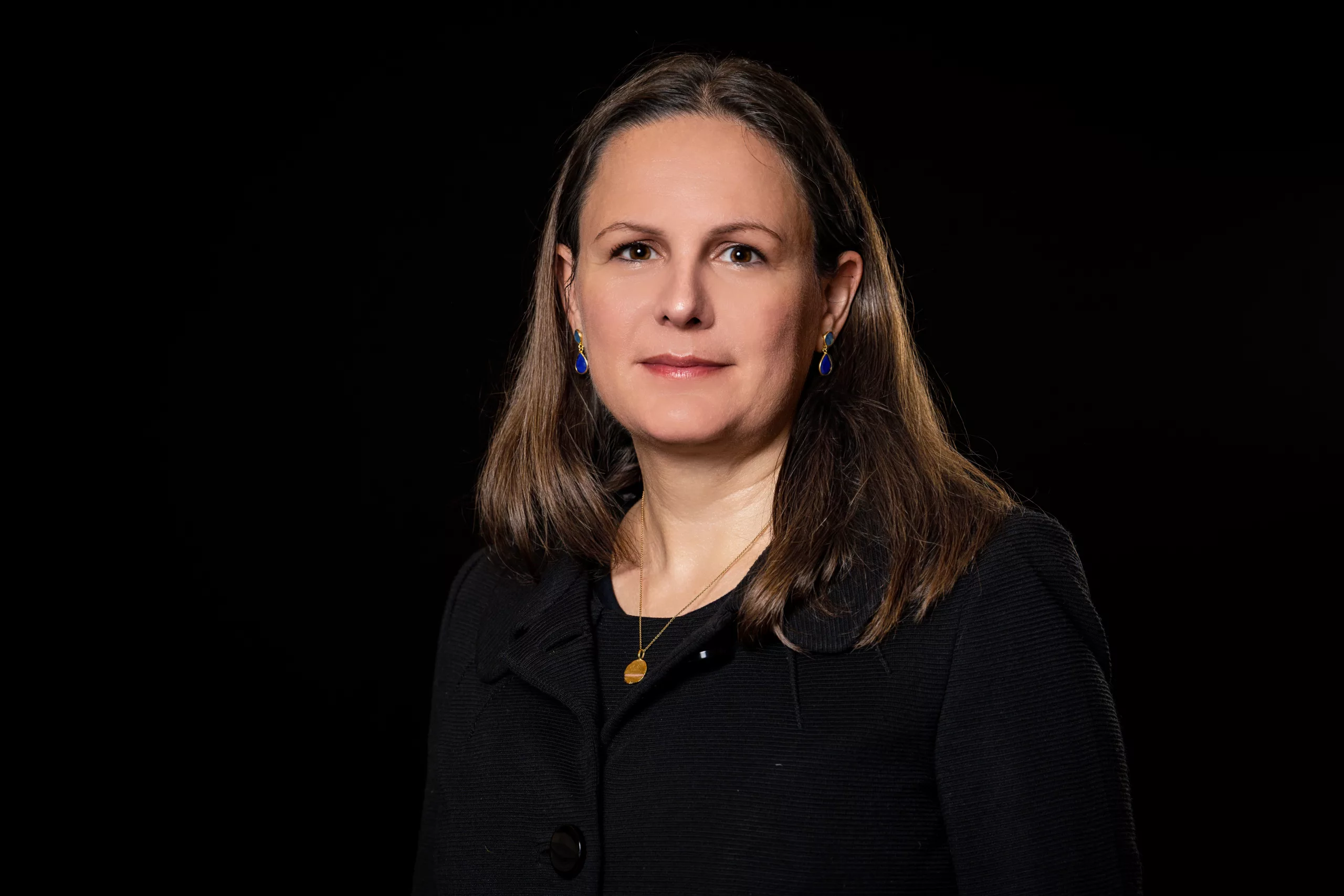In an extraordinary breakthrough in the field of in vitro fertilisation (“IVF”), the first babies have been born in the UK created by using the DNA from three separate people. The new procedure is referred to as mitochondrial donation treatment (“MDT”) and is a technique designed to prevent children from inheriting incurable diseases.
The technique takes tissue from the eggs of healthy egg donors to create IVF embryos that are free from harmful mutations that in conventional conception would likely be passed on to the child. The process works by placing the parents’ nuclear material inside the donor egg. In this way the baby has DNA from the mother and the father and has a very small amount of genetic material from the donor. It is estimated that in excess of 99.8% of the DNA of the baby will be from the mother and father. The donor has no legal status, so the mother and father will legally recognised as parents in the usual way.
This new process opens the door for the first time for women with mutations in their mitochondria to conceive via IVF and be assured that their babies will be free from any harmful mutations that they themselves carry. Approximately 1 in 6,000 babies are affected by mitochondrial mutations which can lead to conditions such as muscular dystrophy.
At present the technique is in its infancy and applications for treatment need to be assessed on a case-by-case basis. The process is closely monitored by the regulator, The Human Fertilisation and Embryology Authority. At the present time the regulator has declined to confirm the number of babies born using this technique due to concerns over identification but it thought to be less than five. In the longer term those children will need to be monitored to ensure that there are no longer term repercussions from the process.
Partner, Sarah Williams, Head of our Modern Families team, advises in respect of all aspects of fertility and assisted reproductive technologies law and by contacted by email at swilliams@phb.co.uk or by calling 0207 693 5821.





